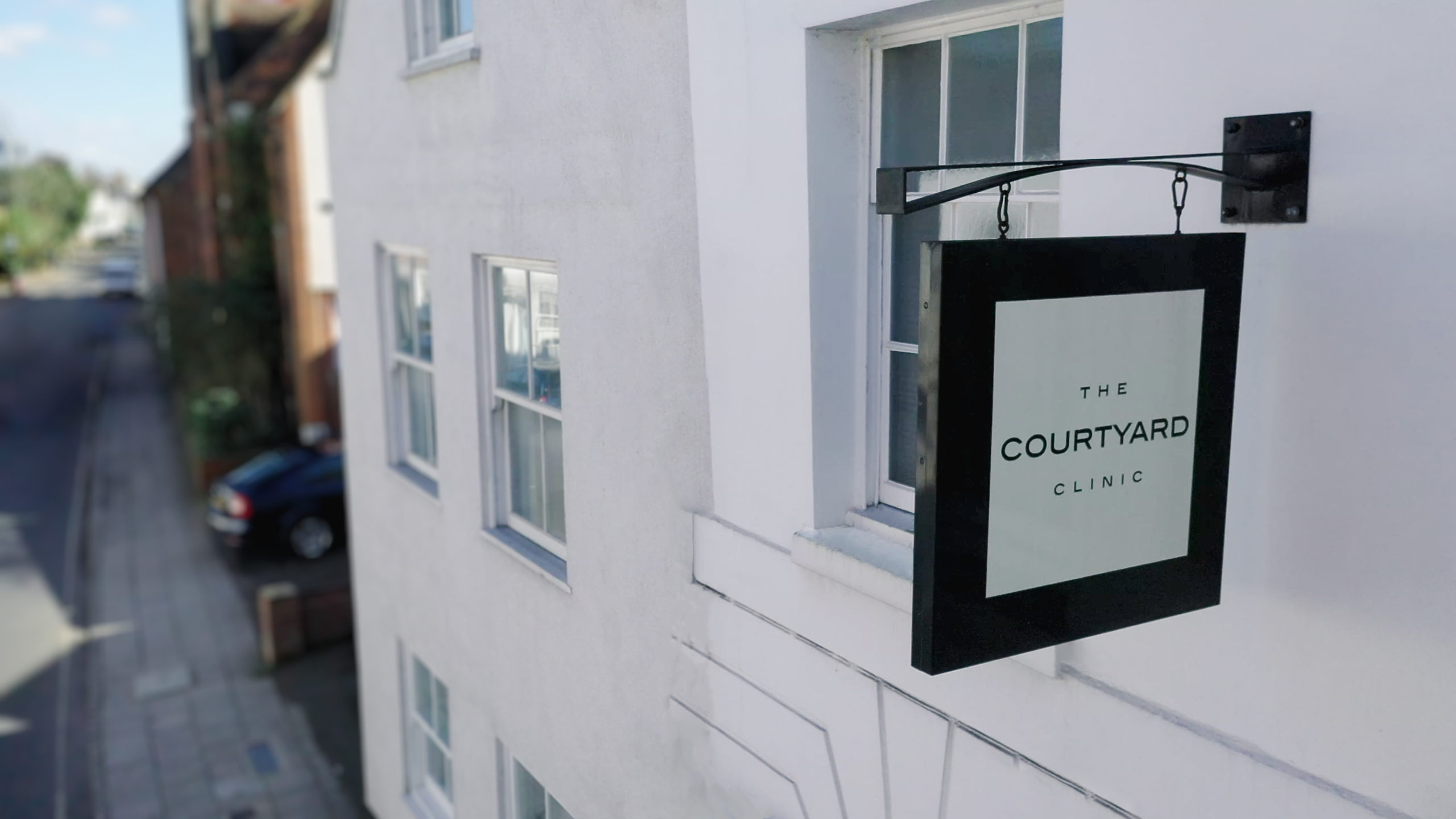** Always consult with your dentist and/or physician before initiating treatment. These are suggestions for our patients and can be significantly modified at any time based on the conditions/symptoms of the patient.
Bitten tongue, cheek, lips, etc: Gently rinse area with cool water or wipe with damp gauze or cloth. Swelling is controlled with a cold pack or crushed ice in a ziplock. If bleeding continues, apply pressure with cool wet gauze or teabag. Take appropriate pain medication.
Bleeding Gums: Normally associated with periodontal (gum) disease. The best way to minimize bleeding is brushing twice a day for two minutes, flossing daily, cleaning your tongue and visiting your dentist for regular checkups. Your dentist will then advise if any hygienist care is needed and will assess the health of your gums. Very rarely, persistent bleeding gums can be an early warning sign for leukemia.
Canker Sores/Ulcers: Keep the area clean by gentle tooth brushing and rinsing with salt water. Healing should occur in about 2 weeks. Avoid acidic, hot and spicy foods and drink. If needed, take pain medications and give us a call for an assessment. Do not apply any pain medication to the area.
Fractured or Broken Tooth: Gently rinse area with water (salt water if possible). Control bleeding with a cool wet gauze or teabag (apply pressure only to the bleeding tissues, not the tooth). Do not remove fractured pieces and save all fragments. Take the appropriate pain medication and see us right away.
Gum Boil: Keep the area clean by gentle toothbrushing and rinsing with salt water. If pain and swelling increases in the area then cool compresses and pain medications will help. Do not try to pop the boil. You may need to be put on antibiotics. See your dentist as soon as possible.
Knocked out Tooth: Save the tooth or tooth pieces in a balanced saline solution, contact lens saline solution, milk or water. If bleeding continues, apply pressure with cool wet gauze or teabag. Take appropriate pain medication. Do not clean the area as the tissue fragments will help the healing process if the tooth can be reinserted. Be gentle with the developing clot, no spitting, smoking or use of a straw. You must get to a dentist within one to three hours to have any real chance of saving the tooth.
Loose Baby Tooth: If the child can wiggle the tooth out…great! Encourage the child to move the tooth in all directions, but do not use large forces. Slow and steady usually wins out. If both the adult tooth and baby tooth are visible then see us for an assessment.
Toothache: Avoid the area as much as possible: no biting, or food items in the area, avoid hot and cold drinks. If pain increases and swelling occurs, then a cold compress in the area will help. Pain medication as needed. See your dentist as soon as possible, you may have to take antibiotics or have treatment.
Teething Pains: Freeze or chill some baby carrots and apply them to the area. Ice chips in a ziplock or cloth is also good. Some mild pain relievers and teeth gel (follow the instructions closely, do not overuse) can help.
Wisdom Tooth: Keep the area as clean as possible with tooth brushing and warm salt water rinses. If the area begins to swell and pain increases, a cool compress and pain medications will help the situation. If severe swelling, you may need to be put on antibiotics and the tooth/teeth will likely need to come out. Give your dentist a call immediately
In general, Nurofen (Motrin/Ibuprofen) 200mg every 4-6 hours should help pain and inflammation. Cocodamol 15/500 (Paracetamol and Codine) 500mg every 4-6 hours is a good secondary alternative. Please review any allergies with your GP/dentist to these medications before using them. We can prescribe higher doses and different pain medications once an assessment of your situation is completed.


